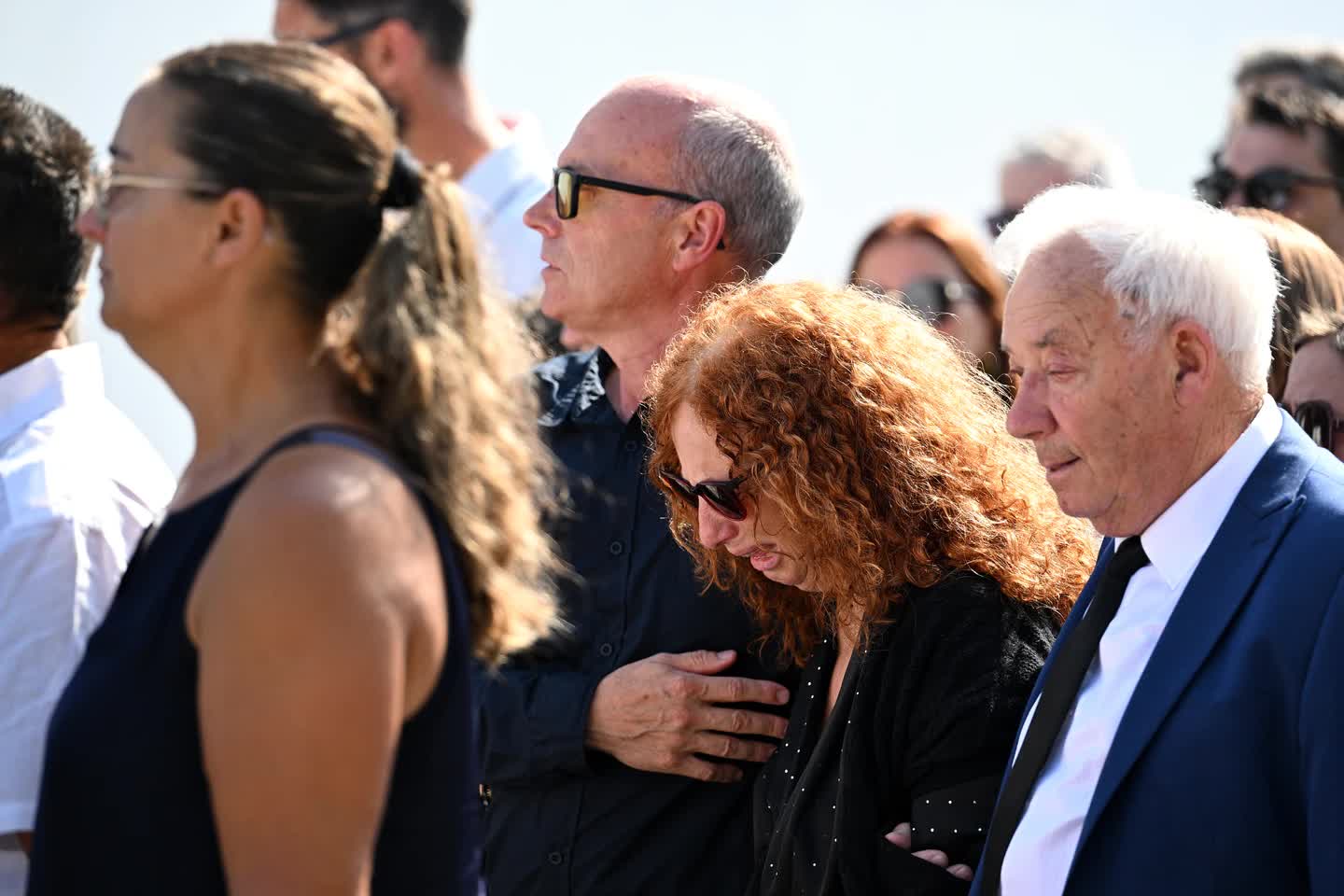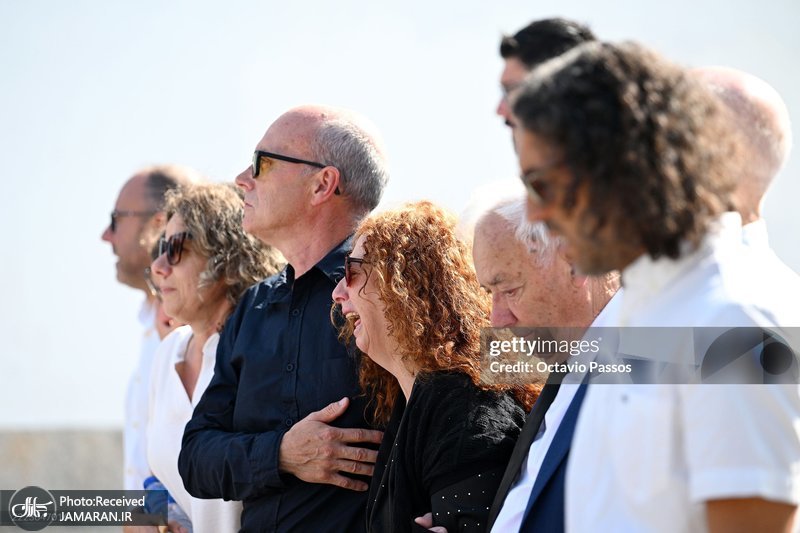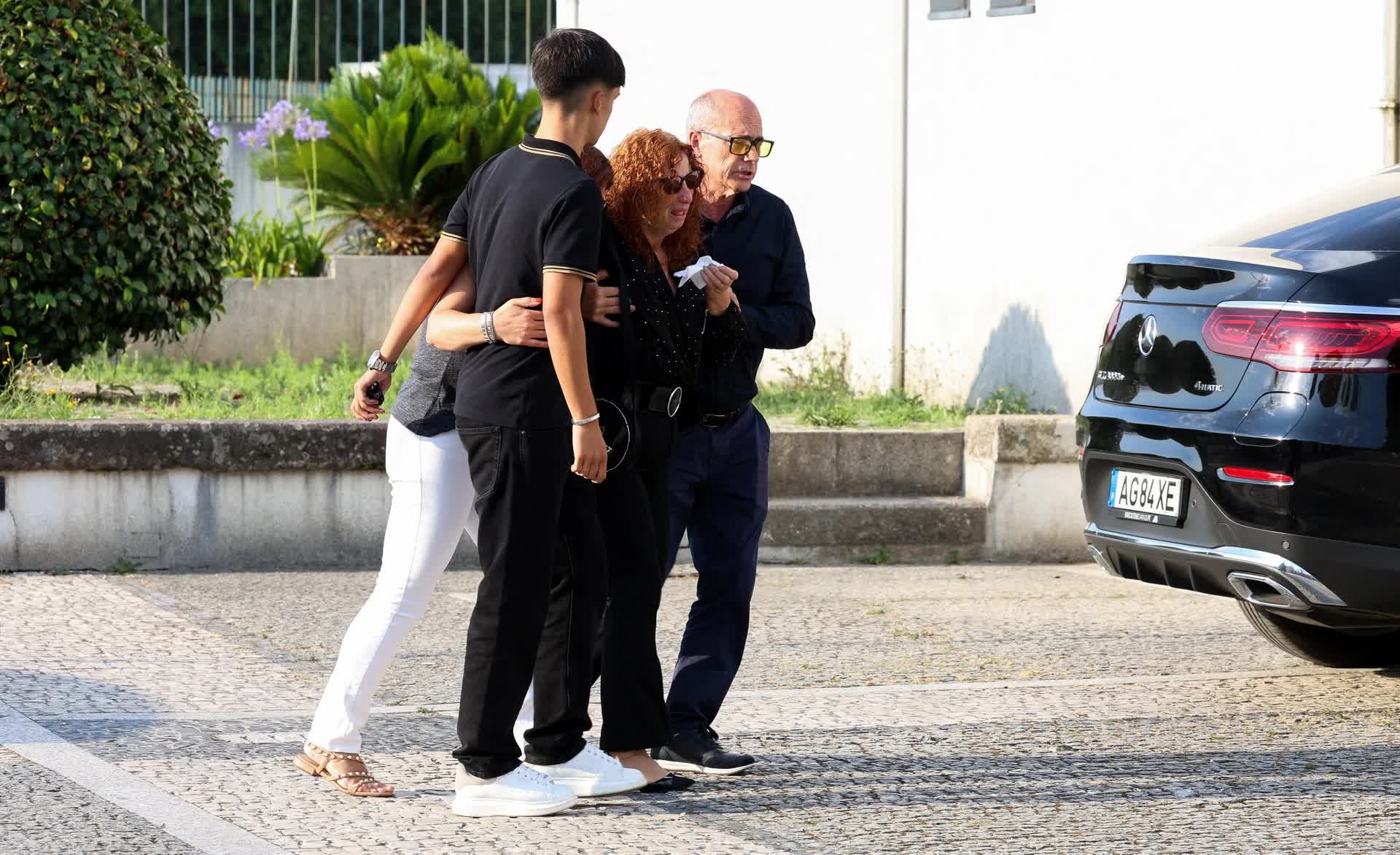A Heartbreaking Funeral: Diogo Jota’s Mother Collapses in Grief

In a scene that has left the world in stunned silence, the small town of Gondomar, Portugal, became the epicenter of an unimaginable tragedy on July 5, 2025. The funeral of Diogo Jota, the beloved Liverpool footballer, and his younger brother André Silva, unfolded with two coffins side by side, a stark symbol of a family’s unbearable loss. Their mother, overwhelmed by grief, collapsed in anguish as she bid farewell to both her sons, victims of a horrific car accident that has reverberated across the global football community and beyond.
The tragedy struck in the early hours of July 3, 2025, on Spain’s A-52 highway near Zamora. Diogo, 28, and André, 25, were traveling in a Lamborghini Huracán when a tire blowout caused the vehicle to veer off the road, flip multiple times, and erupt in flames. The brothers, unable to escape, perished in the inferno. Diogo, a star striker for Liverpool and Portugal’s national team, had just celebrated his wedding to Rute Cardoso two weeks prior, while André was carving his own path as a player for Penafiel. The sudden loss of two young lives, so full of promise, has left an indelible mark on those who knew them and millions who admired them.

The funeral, held at Gondomar’s main church, was shrouded in sorrow. Thousands gathered, from local residents to football luminaries, including Liverpool players and manager Arne Slot, who flew in to pay their respects. Portugal’s President Marcelo Rebelo de Sousa attended, underscoring the national significance of the loss. The sight of two coffins, draped in flowers, was a gut-wrenching reminder of the double blow inflicted on the Jota family. Their mother’s collapse, as she clung to relatives for support, encapsulated a pain no parent should endure. Her cries echoed through the church, a haunting testament to a mother’s shattered heart.
Diogo’s legacy on the pitch was extraordinary. With six goals in 26 appearances during Liverpool’s 2024/25 Premier League-winning season and a key role in Portugal’s Nations League triumph, he was at the peak of his career. Off the field, his warmth and dedication as a husband and father to three young children endeared him to fans worldwide. André, though less heralded, was a rising talent whose life was cut tragically short. The brothers’ decision to travel by car, reportedly due to Diogo’s recent lung surgery, added a layer of cruel irony to the accident, as they sought to avoid air travel for health reasons.

The football world has rallied in mourning. Liverpool retired Diogo’s number 20 jersey, a historic first for the club, and opened an online condolence book that crashed under the weight of global tributes. UEFA observed a minute’s silence at the Women’s EURO 2025 matches, and fans lined the streets of Gondomar, their applause mingling with tears as the hearses passed. Social media overflowed with messages, from teammates like Virgil van Dijk to rivals like Manchester United’s Bruno Fernandes, all united in grief.
The tragedy has sparked broader conversations about road safety and the risks of high-performance vehicles. While investigations into the crash continue, the focus remains on the human toll. For the Jota family, the loss is immeasurable—two sons, two futures, extinguished in an instant. As the world mourns, the image of a mother’s collapse at her sons’ funeral lingers, a poignant reminder of life’s fragility and the enduring power of love and loss. Diogo and André’s memory will live on, forever etched in the hearts of those they touched.
